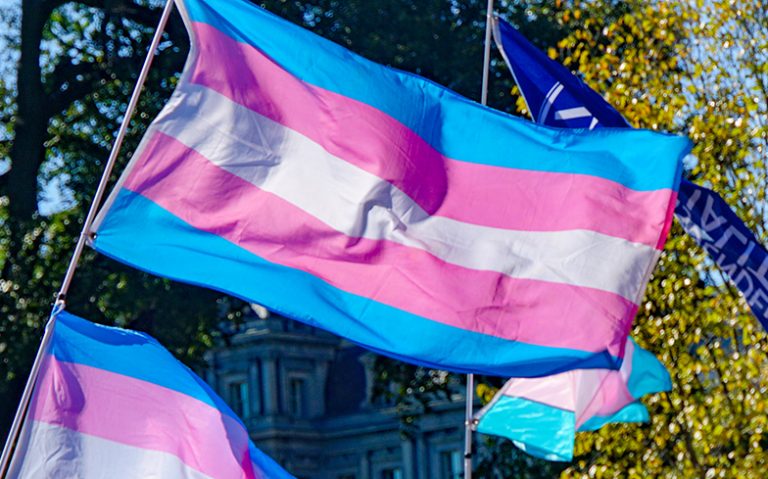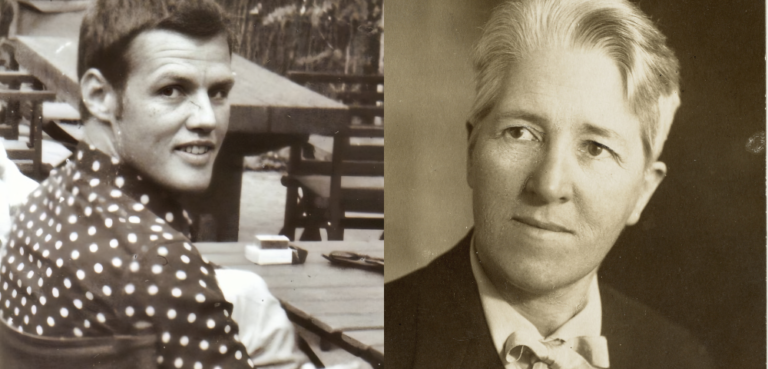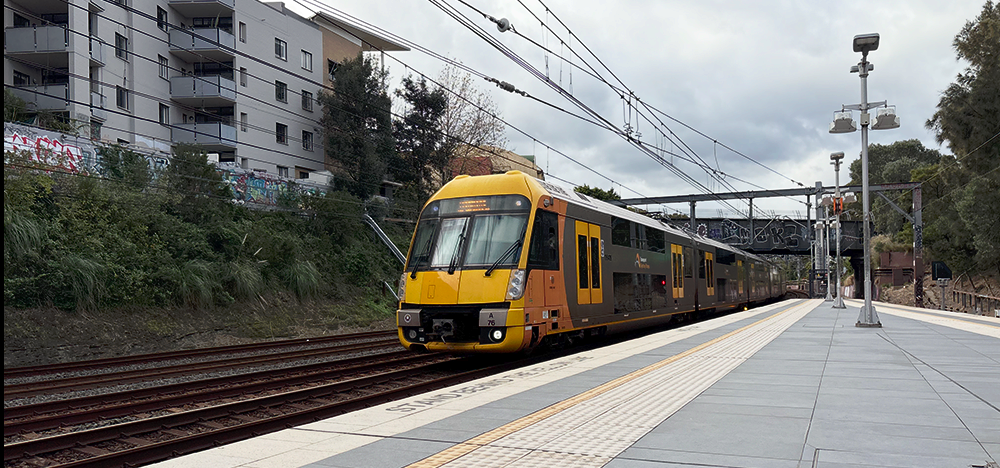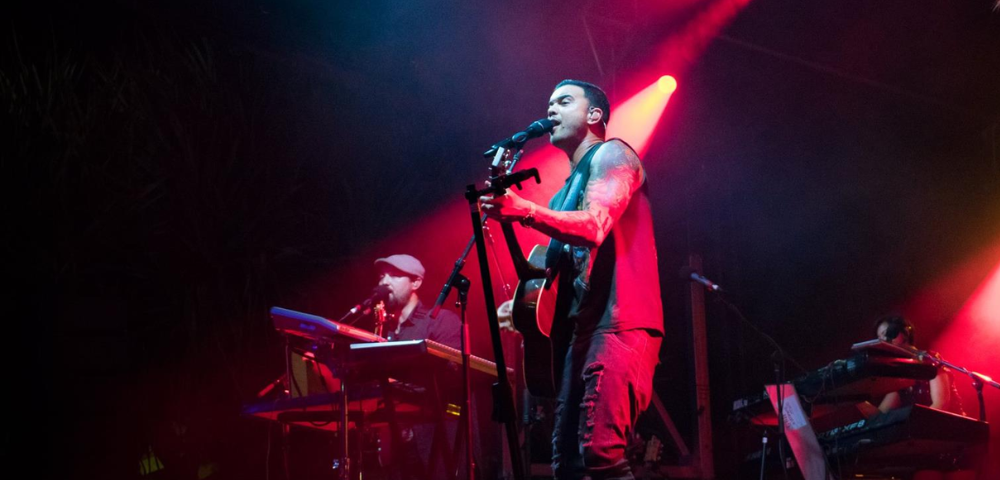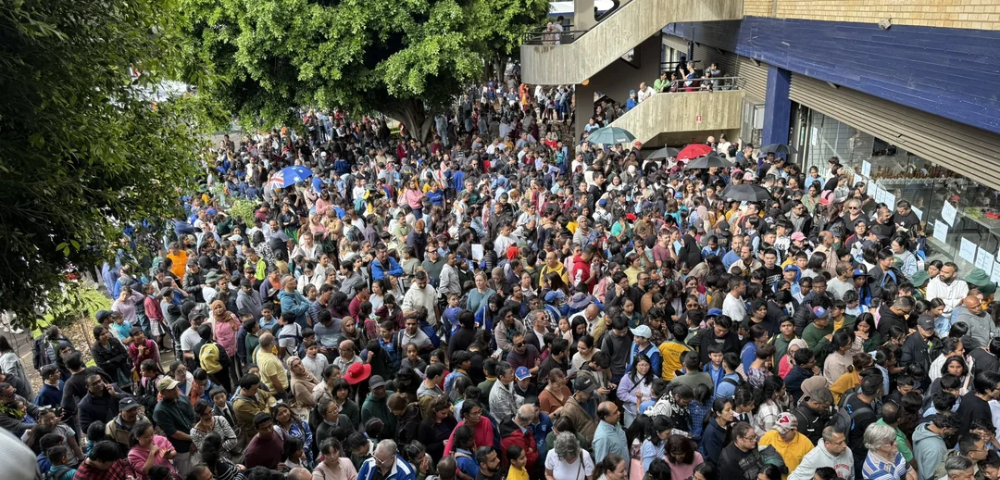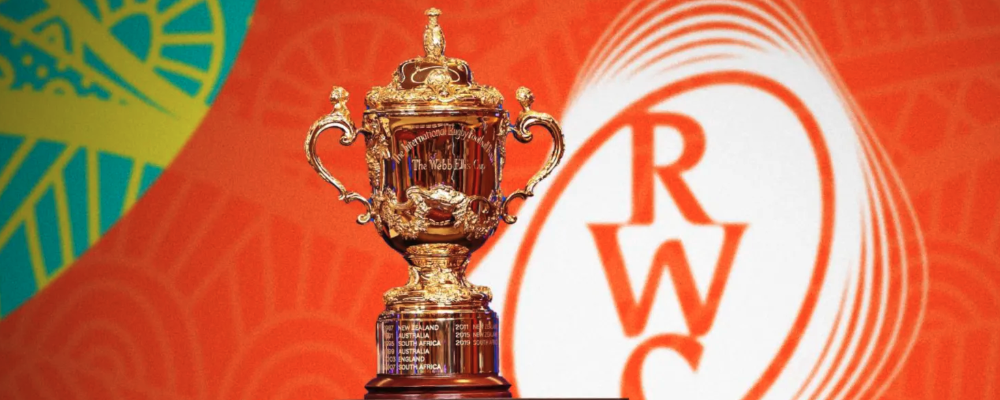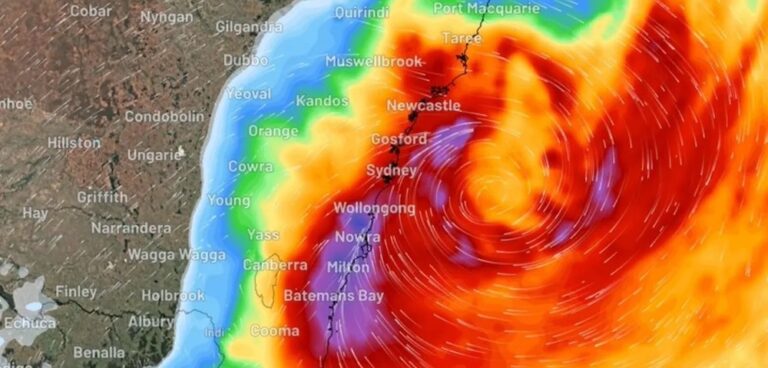
Selling Street Vision

By Erika Echternach
The City of Sydney Council has changed the rules for the fight to win the nation’s most lucrative outdoor advertisement deal estimated to be worth $500 million.
Earlier this month, the City of Sydney Council closed the outdoor advertising tender that it had originally opened last December, then restarted the process the next day.
Now, any outdoor advertisers and telecommunications providers hoping to contend for the coveted contract will have to re-submit an expression of interest to the council.
A City of Sydney spokesperson said the withdrawal of the first tender was due to the City refining its requirements following the first expression of interest process.
The City’s revised requirements focus on finding a service provider that can deliver outdoor advertising assets as well as new street furniture and free public WiFi.
The new contract is set to include more than 2,500 pieces of street furniture, including bus shelters, kiosks, public toilets, litter bins, seats and communications panels, but at the top of the City’s priorities is the free public WiFi.
Lord Mayor Clover Moore said the new street furniture would bring technology to Sydney’s streets and deliver free internet, changing the way residents, workers and visitors interact with the city.
However, there has been much speculation that the changes came in response to recent takeovers involving some of the largest national street furniture and outdoor advertising providers.
Specifically, Ooh Media took over Adshel for $570 million and JCDecaux acquired APN Outdoor for $1.2 billion.
JCDecaux has been the City’s outdoor advertising provider since winning the contract in 1998.
The contract was set to expire in 2019, but in light of reverting the tender process to another round of expressions of interest, the City is looking to extend the JCDecaux contract for another year.
Regardless, JCDecaux will need to be at the top of its game if it hopes to defend its position against other outdoor advertising providers.
To keep up with the ever-evolving technology, JCDecaux has partnered with Telstra, Australia’s largest telecommunications company, with the goal of making the outdated payphone relevant in the digital age.
“The companies are working to change the notion of what a payphone can be in the future and how technology is applied and used in public places,” a spokesperson from Telstra said. “Urban payphones are being transformed into community technology hubs, providing not just phone call facilities and Telstra Air Wi-Fi network access, but offering other community benefits too.”
Telstra says the new urban payphones will also feature USB mobile charging ports and mobile integration hubs which will enable people to instantly access local information such as “What’s On” pages and transport updates with a simple swipe of their mobile phones.
“Our vision is to create digital experiences that are purposeful and fun, and support greater social interaction amongst the residents and visitors within and between cities and regions,” the Telstra spokesperson added.
The company envisions its technology benefiting the community in innovative ways, from bringing buskers together digitally in a virtual band, to smart billboards that can display real time traffic updates.
Telstra aims to accomplish this by creating Smart Cities through technology which has fun, interactive social uses as well as alerts and updates to aid road users and pedestrians.
Telstra has already launched similar Smart City efforts, having upgraded the 5G Innovation Centre at Southport on the Gold Coast.
The Centre incorporates a 19m wide by 4.5m high resolution digital advertising and public information display screen as well as an interactive hub consisting of seven multimedia stations with digital screens, high definition cameras, sound recording and playback hardware, and a data display for digital public art.
Such a massive digital overhaul would align with the Lord Mayor’s goal that “no one is left behind in the shift to a digital future,” which is why the Council is adamant about providing free public internet access.
“We’re looking to local and international providers with new ideas to deliver us fast and free public WiFi and the best possible smart furniture,” Lord Mayor Clover Moore said.
The question then becomes whether the Lord Mayor will adhere to her past views that “space is a premium in the inner city” or allow the outdoor advertising to fill the city with curated digital clutter.
Originally, the council had planned to award the contracts for free WiFi and upgraded street furniture by mid-2018, but it has taken longer than intended to settle the deal. Still, the new street furniture is set to be gradually integrated into the city starting in 2019.
The first round of expressions of interest garnered twelve submissions from a variety of Australian and international companies, so the council will most likely not be short on options.
“Once all submissions have been reviewed, the City will determine the next steps,” a City of Sydney spokesperson said.
As the company is in the midst of the tender process, JCDecaux did not wish to comment.


